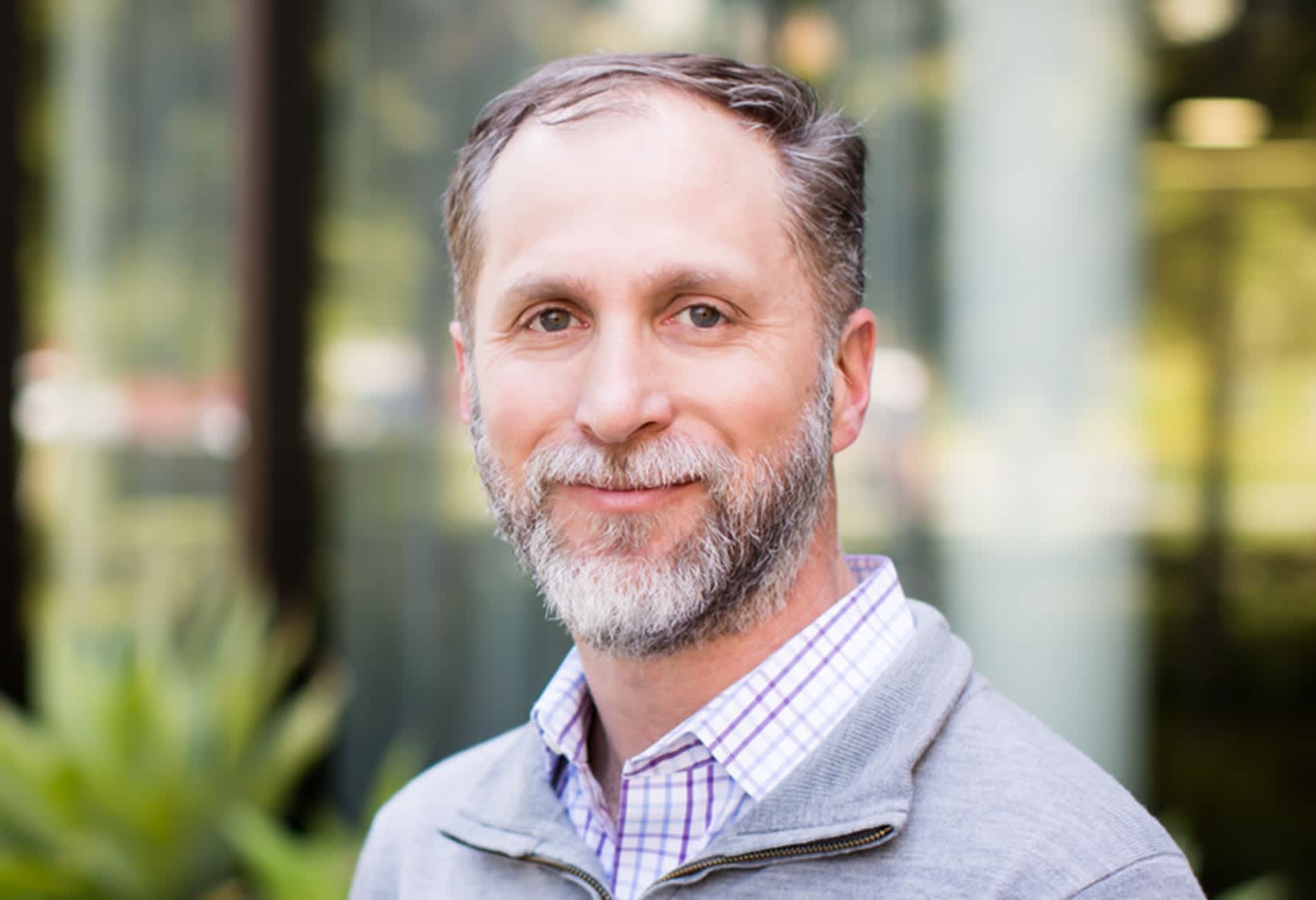Intermittent fasting doesn’t help you lose weight, UCSF study suggests

Courtesy UCSF
For seven years, Dr. Ethan Weiss, a cardiologist at The University of California, San Francisco, has experimented with intermittent fasting. The health fad, which restricts eating to specific periods of time, hit the mainstream after a series of promising studies in mice suggested that it might be an effective weight loss strategy in humans.
So Weiss decided to give it a try himself by restricting his own eating to eight hours per day. After seeing that he shed some pounds, many of his patients asked him whether it might work for them.
In 2018, he and a group of researchers kicked off a clinical trial to study it. The results, published on Monday, surprised him.
The study found “no evidence” that time-restricted eating works as a weight loss strategy.
People who were assigned to eat at random times within a strict eight-hour window each day, skipping food in the morning, lost an average of around 2 pounds over a 12 week-period. Subjects who ate at normal meal times, with snacks permitted, lost 1.5 pounds. The difference was not “statistically significant,” according to the research team at UCSF.
“I went into this hoping to demonstrate that this thing I’ve been doing for years works,” he said by phone. “But as soon as I saw the data, I stopped.”
Some evidence of muscle mass loss
Intermittent fasting, once a trend among self-styled “biohackers,” who use diet and lifestyle tweaks to try and improve their health, has become increasingly mainstream over the last decade. Instagram influencers regularly weigh in on the trend, and super-fit celebrities like Hugh Jackman have said it helps them get in shape for movie roles. In Silicon Valley, entrepreneur Kevin Rose launched an app called Rise to help people monitor their fasts, noting that the scientific data “starts to get pretty exciting.” Twitter CEO Jack Dorsey and the actress Jennifer Aniston also rank among the famous fans.
With so many stars touting its benefits, in 2019, intermittent fasting was the top-trending diet search in Google, according to Google Trends data.
But scientific evidence in humans is still thin. So the UCSF study, dubbed TREAT, led by Weiss and graduate student Derek Lowe, aimed to fill some of the gaps in research with a randomized controlled trial.
Starting in 2018, they recruited 116 people who were overweight or obese. All the participants received a Bluetooth-connected scale, and were asked to exercise as they normally would.
Weiss suggests that the placebo effect might have caused both groups to lose weight: Many people will pay closer attention to what they eat when enrolled in a nutrition study, meaning they’re more likely to make healthier food choices.
So going forward, he says, consumers should be increasingly skeptical about any nutrition study claiming weight loss benefits that doesn’t involve a control group.
There may also be a potential downside to intermittent fasting. A smaller percentage of participants were asked by the researchers to come on-site for more advanced testing, including changes in fat mass, lean mass, fasting glucose, fasting insulin and so on. Through those measurements, researchers discovered people who engaged in time-restricted eating seemed to lose more muscle mass than the control group. Weiss says the outcome wasn’t definitive, but he is hoping to conduct further studies down the line.
There’s also a need for further studies to show whether intermittent fasting is safe for people over 60, or those with chronic ailments like diabetes and on medications.
Still, Weiss isn’t yet ready to write off intermittent fasting entirely — there may be benefits around fasts during different times of day. Weiss’ study had participants skip food in the morning. He didn’t study the effects when it came to missing meals at night.
But for now, he won’t be recommending it to his patients.
“Just losing weight alone doesn’t mean good things are happening for your health,” he explained.